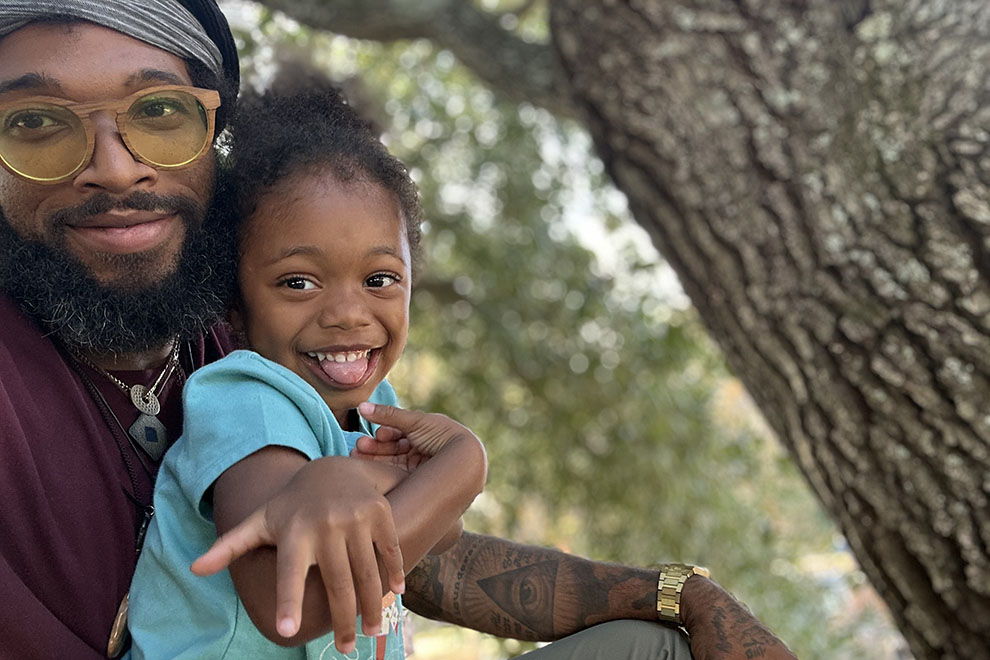As another school year begins, parents are busy checking school supply lists, shopping for clothing, and filling out forms in an effort to prepare for a successful school year.
In addition to back-to-school shopping and meeting with teachers and administrators, there’s another topic that every parent should consider addressing with their school-aged child this school year: bullying. It can be a difficult subject to discuss, much less live through as a parent of a child who experiences bullying at school. In addition to the responses of school administrators and guidance counselors, many parents may wonder how laws in Virginia may impact school bullying.
While Virginia has adopted several anti-bullying laws and regulations, it is important to note that these laws are only designed to govern the school system’s posture toward bullying and not the actual bullying behavior that a child may experience at school.
What is Considered Bullying in Virginia?
The Code of Virginia defines bullying as: any aggressive and unwanted behavior that is intended to harm, intimidate, or humiliate the victim; involves a real or perceived power imbalance between the aggressor or aggressors and victim; and is repeated over time or causes severe emotional trauma. Bullying includes cyber bullying. Bullying does not include ordinary teasing, horseplay, argument, or peer conflict. Va. Code Ann. § 22.1-276.01 (2018)
Virginia’s laws are intended to foster an anti-bullying atmosphere in Virginia’s schools. To that end, the Board of Education is required to develop model character education programs for school implementation. These programs aim to educate students on topics such as tolerance, responsibility, fairness, kindness, and empathy. While these measures are a necessary component, the larger part of bullying prevention lies with parents and students.
What can I do to help my child prevent bullying at school?
Learn about your child’s school policy regarding bullying. Talk to your child about what they experience, as well as what they observe at school. You may be surprised to learn that your child engages in bullying behaviors, may have been bullied himself, or may have seen classmates being mistreated and not known what to do. Empower your student to safely stand up for himself and others, and make sure he has a trusted school worker to confide in if a problem arises.
What if my child is bullied?
Many schools have adopted zero tolerance policies regarding bullying. These policies can sometimes require a proven perpetrator to be subject to immediate consequences such as suspension or expulsion. Of course, it is important to document all instances and to report all events, with detail, to school teachers and administrators who are there to help protect your student. Be sure to document your communications of the issues, as well as any responses made by the school. Even in the best school systems, it is inevitable that things may sometimes fall through the cracks.
The first step to reporting bullying would be to inform a teacher, coach, or bus driver, depending on where the activity is occurring. Next, if the issue is not resolved, you may consider escalating the matter to the school principal, and then to the superintendent, or finally to a school board member if the school is unable to adequately address the situation.
The last essential thing to know is that in Virginia, bullying is not considered a crime. However, there are various criminal acts that can fall under the definition of bullying, such as threats, assault and battery, harassment, extortion, or hazing. If your child is the victim of any criminal act, it is always advisable to report the act to the police. This may help establish a timeline of activity, and can be an effective deterrent for further aggressive behavior by the perpetrator.
In any event, an ounce of prevention is worth a pound of cure when it comes to bullying. As you start the school year, be sure to take time to talk to your student about bullying.





